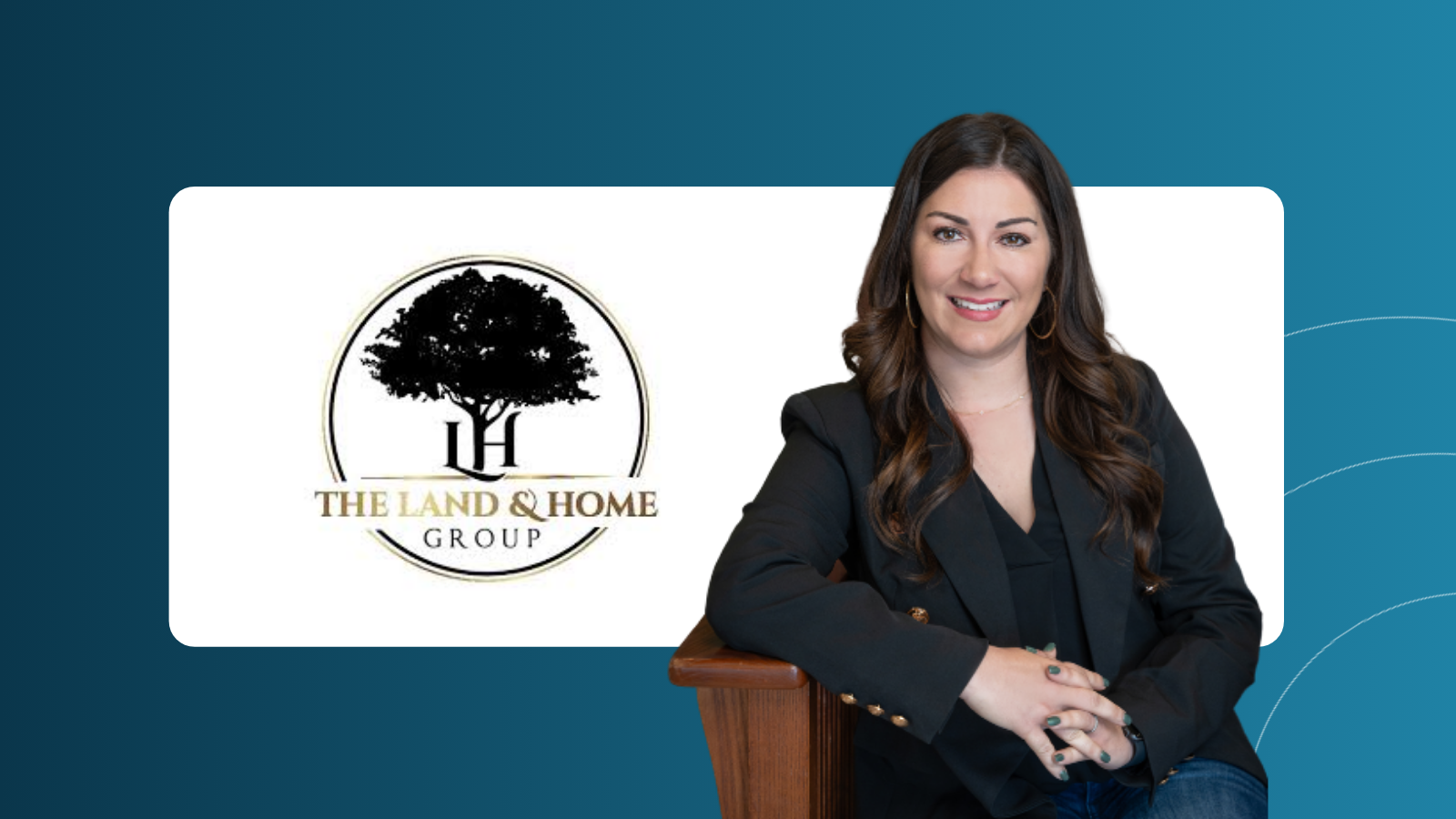“If you want to make the RIGHT decision for the future, fear is not a very good consultant.” – Markus Dohle
All decisions come from the need to solve a problem or the need for a potential opportunity. The challenge in leadership is that you’re not told when you need to make a decision, or what the right answer is. So, when it comes to deciding what real estate technology to adopt for your business, it’s important to know how to best reach the right decision to make your business prosper.
When it comes to decision making there are many factors that are involved, especially when it comes to those affecting your brokerage. We, as humans, are guided by tangible and intangible reasons to choose one way versus another. Much scientific research has been done to gain insight into our decision-making. We often focus on 2-3 options when deciding, including the cost of each option, but we rarely consider the cost of a non-decision or the cost of waiting.
For example, let’s take a decision we see all the time: assessing new technology for your brokerage. If a decision drags on for too long, consider the cost of waiting:
- Are you losing agents?
- Are agents increasingly frustrated?
- How much time have you lost? (time is money)
- How much are you still investing in old systems?
- Lost productivity that would have resulted in transactions
How much are you losing while you make the decision? Consider the cost of waiting or of a non-decision. What we know about making decisions:
Well, most of our decisions aren’t even made logically. Research has shown that even in those mega life-altering decisions, we often decide unconsciously and rely on emotions. When looking at brain activity while making decisions, researchers were able to predict what choice people would make 7-10 seconds ahead of the person being aware they decided (source). But don’t confuse emotion with irrational or poor decision-making habits.
Due to the vast amount of data our brains absorb, our unconscious has evolved to process this information to make decisions for us following set guidelines to feed our best interests. Call this your intuition or “trusting your gut.”
For goal-based decisions, which are much more geared toward your business goals, we know that having more information is better. Goal-based decisions involve setting an objective, getting the relevant and necessary information, and weighing the alternatives in order to decide the “best” option. More information on each option is better than more options in general. When you give people too many choices, it can be overwhelming and lead to no decision at all.
Other Bad Decision-Making Habits Can Look Like:
Not using varied sourced research
Using intel collected from a variety of sources helps to create diversity of thought. Look to real estate technology specialists or other real estate experts you respect to aid your process. Understand that it takes time to collect this info and objectively weigh the pros and cons to avoid analysis paralysis.
Solving for the wrong problem
Make sure you’re solving for the correct problem by properly evaluating the issue at hand. Talk to your agents and staff. This should help give you insights on what the root cause of the problem is and how best to solve it.
Being too rigid in the process
Being comfortable with uncertainty and not falling victim to analysis paralysis is half the battle. Don’t let indecisiveness drain you of your energy and time. This will only lead to more tension and pressure, not ideal for promoting confident decision-making. Drive growth and don’t be risk averse!
Relying on others to avoid pain
The fear of hurting your career and overall business is definitely real, but it should not freeze you into inaction. As a leader, it is your responsibility to step up and lead.
Leaders give direction and are willing to carry the burden of responsibility of success or failure on their shoulders (source). We, as people, want to avoid mistakes and failure. Our brain actually associates pain with making the wrong decision. Therefore, we become fearful of making any decision unless we are absolutely certain.
Waiting way too long
Postponing difficult decisions about real estate technology does not make them easier. Making instant decisions isn’t advisable but it’s even worse to procrastinate on decisions that need to be made hastily (source). Sometimes, a non-ideal decision is better than no decision at all.
According to a survey done by Mckinsey, about 80% of professionals claimed their organizations are inefficient in decision-making. Only 20% of respondents say their organizations excel at decision-making. 61% say most of their decision-making time is used ineffectively. The organizations that excelled in decision-making had better performances and better financial conditions.
On average, just over half of respondents report spending more than 30% of their working time on decision making, and more than ¼ spend most of their time making decisions (source). And those numbers increase with seniority so as a brokerage leader, think about how much time you’re spending.
Create a process for making good decisions quickly
There are numerous processes out there you could find but we like this seven-step plan because it’s thorough and easy to follow. It allows you to set an objective first and then consider gathering input from key stakeholders, which is essential for making more informed decisions. Evaluation is also built in to examine the process and help understand the root causes of any decision-making pitfalls so you can improve over time.
- Articulate the Decision
- Gather Information
- Identify Your Options
- Evaluate the Information
- Make Your Decision
- Execute the Decision
- Evaluate the Decision
If you can’t measure it, you can’t improve it.” -Peter Drucker
Did you know that there is a neuron that fires up in the brain that triggers people to take action when the brain decides it is confident of a decision? (source)
By completing this seven-step process, your decision-making skills will be optimized and taking on those tough decisions affecting your business and agents will be that much easier. This is vital to achieving your business goals because it helps your organization stand tall against your competitors. Strategic decision-making practices tend to yield decisions that are both high quality and fast (source). This in turn, benefits the longevity and success of not only that decision, but the entire business.
When decisions are made in a timely manner, the cost of waiting is eliminated. What is gained is more time, saved money, boosted productivity, and resources are put to better use.
If you’re ready to take charge of your business and make the big decisions to move forward, book a demo with MoxiWorks today.



